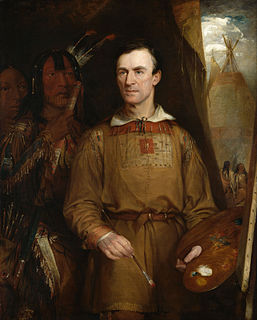A Quote by Boethius
He who has calmly reconciled his life to fate, and set proud death beneath his feet, can look fortune in the face, unbending both to good and bad; his countenance unconquered.
Related Quotes
His face set in grim determination, Richard slogged ahead, his fingers reaching up to touch the tooth under his shirt. Loneliness, deeper than he had never known, sagged his shoulders. All his friends were lost to him. He knew now that his life was not his own. It belonged to his duty, to his task. He was the Seeker. Nothing more. Nothing less. Not his own man, but a pawn to be used by others. A tool, same as his sword, to help others, that they might have the life he had only glimpsed for a twinkling. He was no different from the dark things in the boundary. A bringer of death.
Amid the worry of a self- condemnatory soliloquy, his demeanour seemed grave, perhaps cold, both to me and his mother. And yet there was no bad feeling, no malice, no rancour, no littleness in his countenance, beautiful with a man's best beauty, even in its depression. When I placed his chair at the table, which I hastened to do, anticipating the servant, and when I handed him his tea, which I did with trembling care, he said: "Thank you, Lucy," in as kindly a tone of his full pleasant voice as ever my ear welcomed.
Grover wore his fake feet and his pants to pass as human. He wore a green rasta-style cap, because when it rained his curly hair flattened and you could just see the tips of his horns. His bright orange backpack was full of scrap metal and apples to snack on. In his pocket was a set of reed pipes his daddy goat had carved for him, even though he only knew two songs: Mozart's Piano Concerto no. 12 and Hilary Duff's "So Yesterday," both of which sounded pretty bad on reed pipes.








































